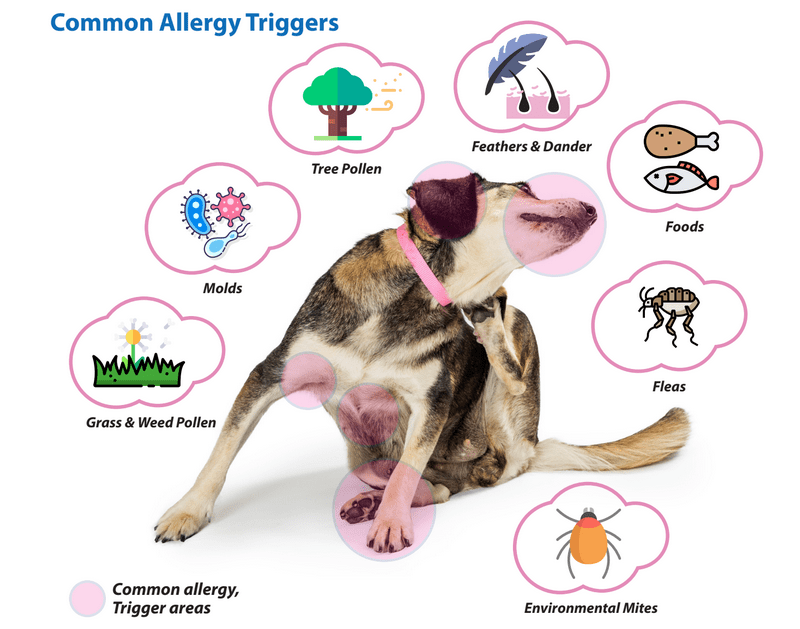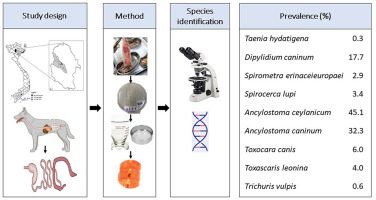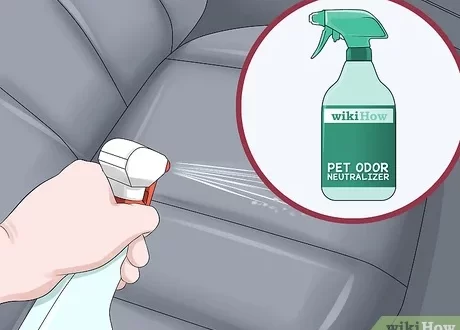
Allergies in Dogs: Diagnosis and Treatment
Allergy is a rather unpleasant thing that can poison the life of our pet. Therefore, it is important for us to know how to diagnose it correctly and treat it correctly.
Diagnosing allergies in dogs
At the first sign of an allergy, contact your veterinarian. He will establish an accurate diagnosis. To begin with, the dog is examined. Then you will be asked questions about living conditions, mode and features of feeding.
Diagnosis is based on clinical signs and exclusion of other causes of itching (parasites). There is no analysis confirming the presence of an allergy.
Since all types of allergies are similar in manifestations, the diagnosis consists in the sequential exclusion of one allergy after another. For example, in order to exclude food allergies, special diagnostic nutrition is carried out (at least 6-8 weeks), absolutely new products for the dog are used.
A blood test can determine if there is an infection in the body. A cytology of a smear from the ears and skin is done. After that, the veterinarian prescribes complex therapy.
Allergy Treatment in Dogs
First of all, these are antiparasitic measures. The dog, in principle, should be treated periodically. Just like where she lives.
The next step is the abolition of the product that can cause allergies. You need to properly feed the dog, only high-quality and healthy products.
Antihistamines are prescribed. They improve the condition of the dog and relieve it of symptoms.
These remedies do not eliminate the cause, but the manifestations! Therefore, strictly follow the doctor’s prescription.
Do not make the decision to stop a drug on your own. If the treatment is chosen correctly and you follow all the recommendations, the dog has a good chance of getting rid of the disease. But if the disease is hereditary, a four-legged friend should be periodically shown to a veterinarian.
Remember that any type of allergy is also fraught with the development of secondary bacterial and / or fungal inflammation, so dogs often need additional antifungal and / or antibacterial treatment. In this case, drugs are prescribed to treat a yeast or bacterial infection.
It is almost impossible to protect yourself from contact with an allergen. Therefore, your task is to notice the problem in time and turn to a professional for help.





